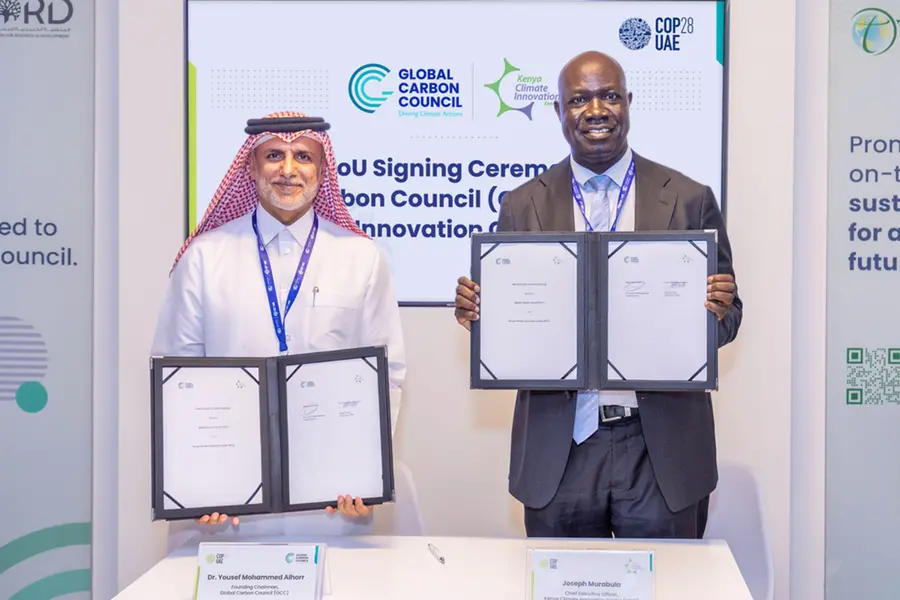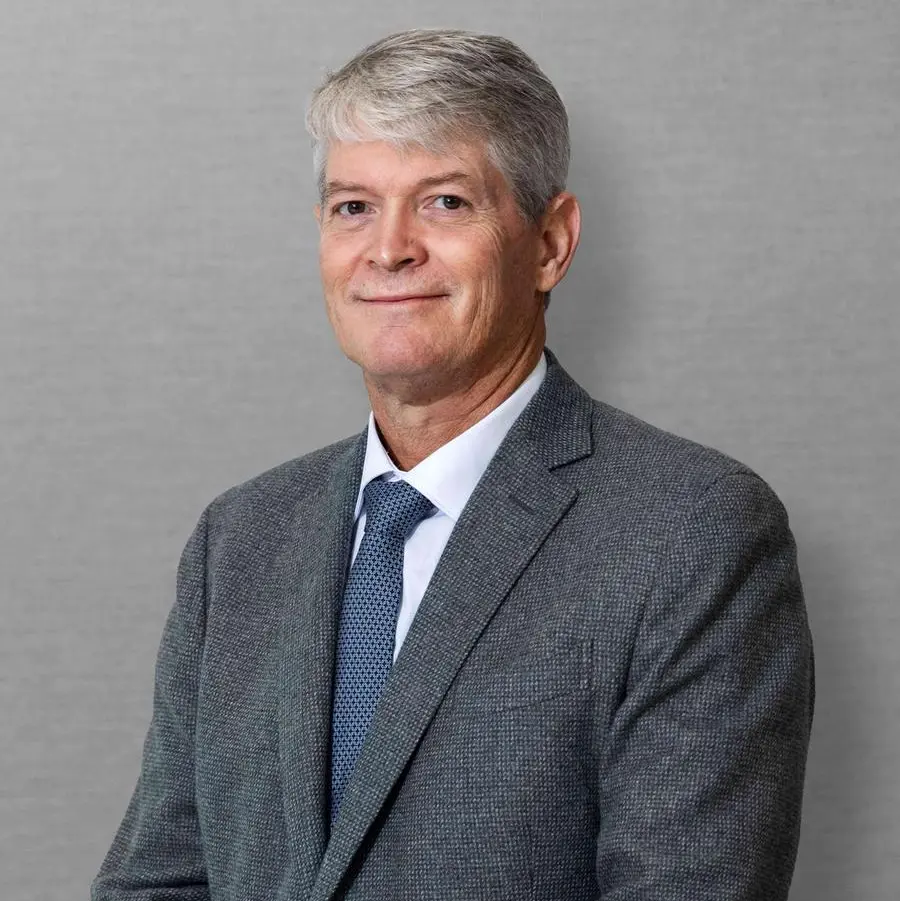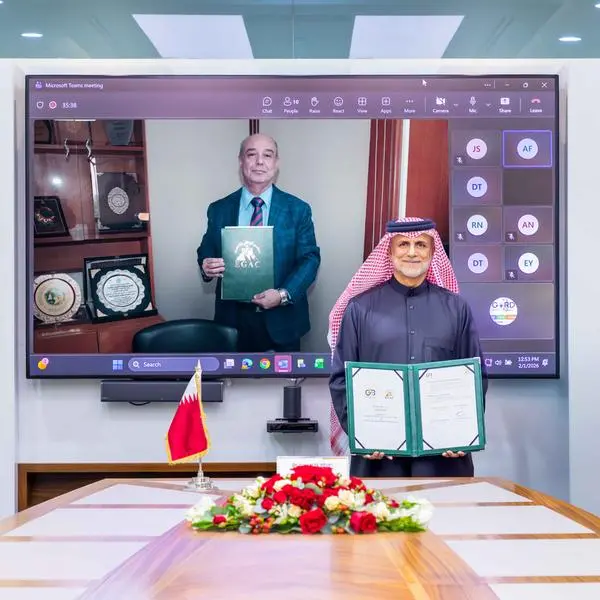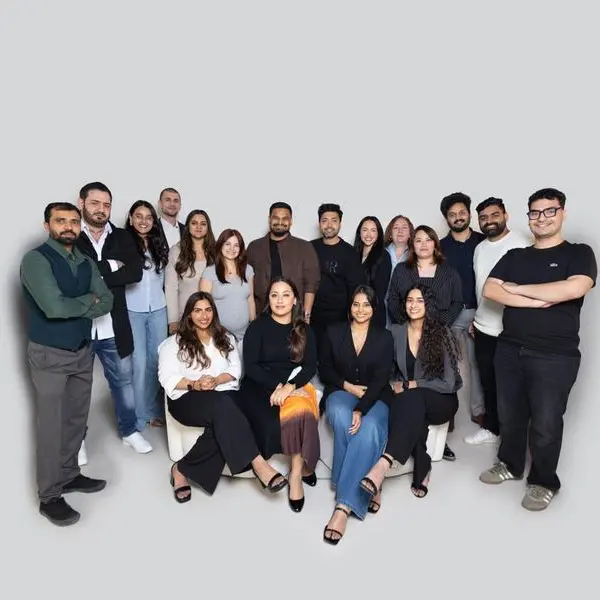PHOTO
UAE: The Global Carbon Council (GCC), an international carbon credit and sustainable development program based in the Global South, and Kenya Climate Innovation Center (KCIC), a prominent social impact organization dedicated to addressing climate challenges through innovation and supporting micro and small enterprises, have signed a Memorandum of Understanding (MoU).
The official signing ceremony took place at the GCC Pavilion in the Blue Zone during the 28th United Nations Climate Change Conference (COP28) in the UAE. During the signing event, Dr. Yousef Alhorr, Founding Chairman of GCC, represented the organization, accompanied by Joseph Murabula, Chief Executive Officer of KCIC. The event was well attended by delegates in attendance at COP28 and interested representatives of both organizations present at the GCC pavilion.
Under the terms of the MoU, GCC, and KCIC commit to work together to promote carbon market actions across Africa but particularly focused on Kenya. The collaboration will support local activities related to the activation and operationalization of Article 6.2 of the Paris Agreement and the promotion of Voluntary Carbon Markets (VCM) in the region.
Speaking on the sidelines of the event, Dr. Yousef Alhorr, Founding Chairman of the Global Carbon Council (GCC), said, “Despite its minimal contribution to global GHG emissions, Africa is disproportionately susceptible to the repercussions of climate change, necessitating the development of nature-positive solutions to build future resilience. To this end, our collaboration with KCIC marks the inception of a strategic relationship that will explore low-carbon pathways for Kenya as well as the wider African continent. The aim of our collaboration is clear: to empower nations in the region, especially Kenya, to build resilience by leveraging carbon markets. This collaboration will not only channel essential investments into Kenya’s GHG mitigation and adaptation projects but will eventually serve as a key enabler for the African nations to meet their NDCs under the Paris Agreement. Going forward, GCC will offer its climate expertise, hand in hand with KCIC, which will contribute through its invaluable local insights.”
Joseph Murabula, Chief Executive Officer of Kenya Climate Innovation Center (KCIC), said, “Climate change in Africa and Kenya in particular is a pressing global concern, and the role of carbon credits stands as a beacon of hope in our fight against this crisis. By leveraging carbon credits, we can empower our communities to invest in sustainable practices, driving impactful change while fostering economic growth. Together, through innovative solutions and a commitment to offset carbon footprints, we pave the way for a greener, more resilient future for Kenya and Africa."
A key objective outlined in the MoU is the exploration of ways to engage with public and private stakeholders in Kenya, to expand the Voluntary Carbon Market as a vehicle to fulfill Kenya's NDCs under the Paris Agreement. Additionally, KCIC will collaborate with GCC to engage the Kenyan government for the issuance of Internationally Transferable Mitigation Outcomes (ITMOs) in Kenya under Article 6.2 of the Paris Agreement.
As part of the capacity-building initiative, GCC and KCIC plan to organize both in-person and virtual workshops and training programs for internal and external stakeholders, including government and private sectors in Kenya. This commitment to knowledge sharing is expected to enhance the understanding and implementation of sustainable practices and carbon market mechanisms across the region.
Through the recently signed MoU, GCC and KCIC aim to diversify the avenues for mitigation and adaptation available to Kenya, helping the nation achieve its climate goals. Simultaneously, the partnership is anticipated to further expand the reach and impact of GCC’s solutions to the wider African region. With more than 1,480 GHG projects submitted from 45+ countries, GCC is contributing to a more sustainable and low-carbon future across the globe.
About Global Carbon Council (GCC):
The Global Carbon Council (GCC) is the first international carbon credit and sustainable development program based in the Global South. The GCC Program is contributing to a more sustainable and low-carbon future, by issuing carbon credits to projects from around the world that add to sustainable development. The Program only accepts high-quality projects that have demonstrated their additionality in the reduction and removal of GHG emissions, while ensuring that project construction and operations do not cause any net harm to the environment and society, and contribute to the United Nations Sustainable Development Goals (SDGs). As a result, the Program is helping to drive much-needed climate finance into projects that reduce and remove emissions and contribute towards the UN Sustainable Development Goals. GCC is accredited by the United Nations International Civil Aviation Organization (ICAO) for the CORSIA scheme & the International Carbon Reduction and Offsetting Alliance (ICROA).
About Kenya Climate Innovation Center:
The Kenya Climate Innovation Center (KCIC) is a social impact organization dedicated to addressing climate challenges through innovation and supporting micro and small enterprises. Established in 2012 under the World Bank's InfoDev, KCIC was the first in a global network of Climate Innovation Centers (CICs). Our mission is to empower Kenyan entrepreneurs and new ventures in renewable energy and energy efficiency, water management, agribusiness, waste management, and commercial forestry sectors to develop innovative solutions that combat climate change through an entrepreneurial approach.
Our commitment: At KCIC, we provide a holistic approach to support climate-smart enterprises. Our core offerings include incubation, capacity-building services, market access, and financing, ensuring that our clients have the necessary tools and resources to thrive in the ever-changing climate landscape. We prioritize the engagement of women and youth-led enterprises to foster inclusive and sustainable growth.



















